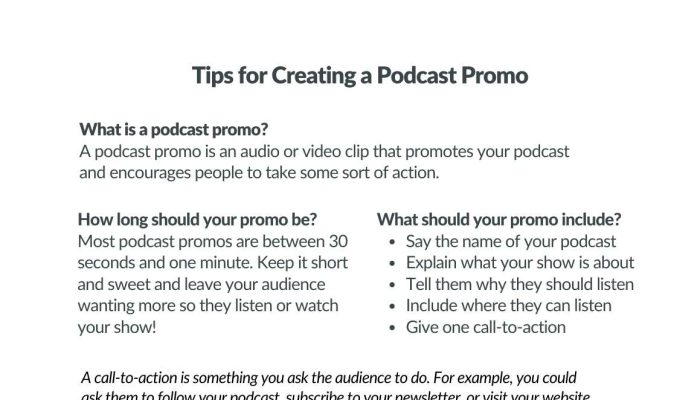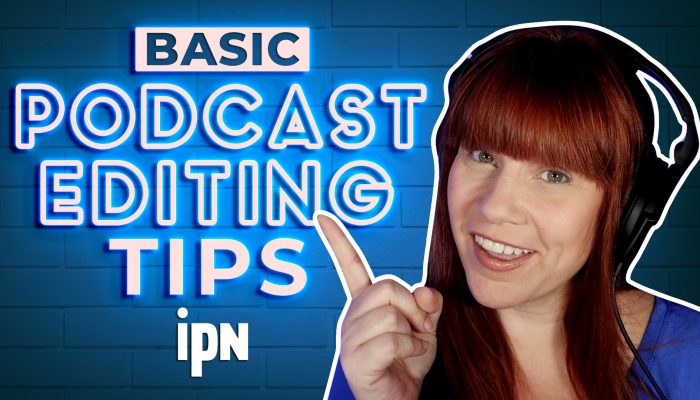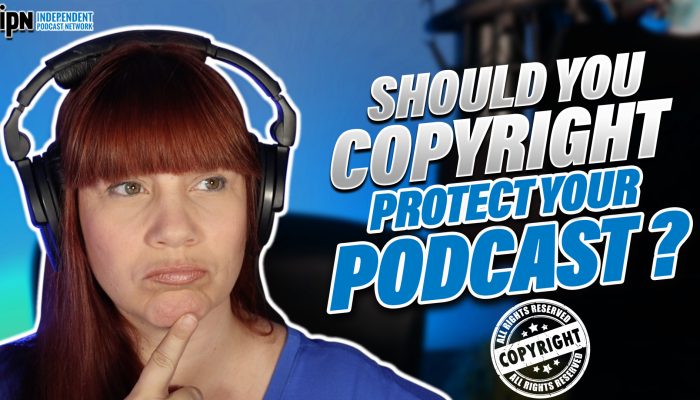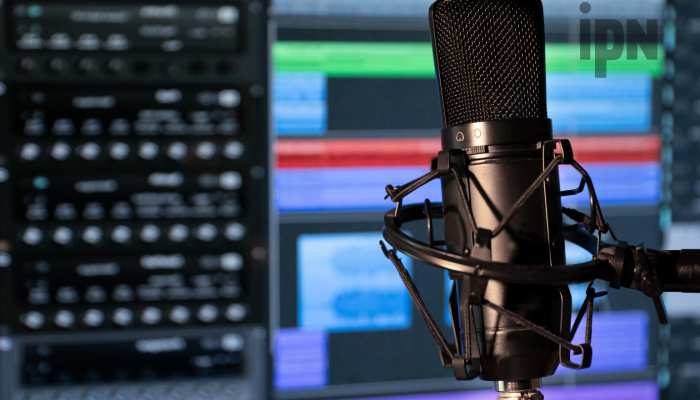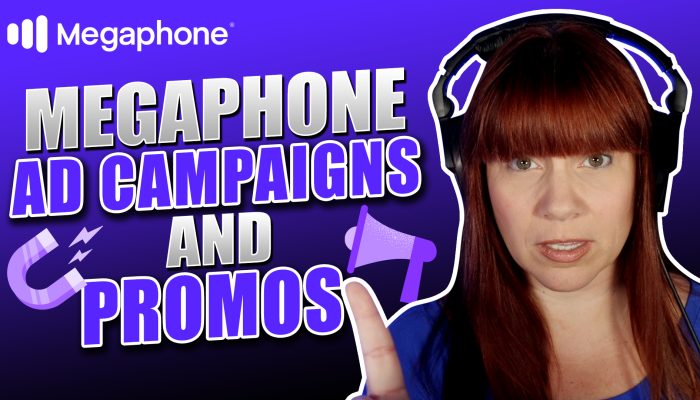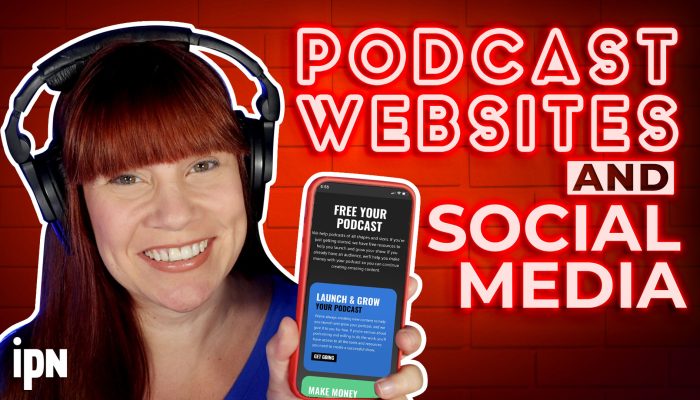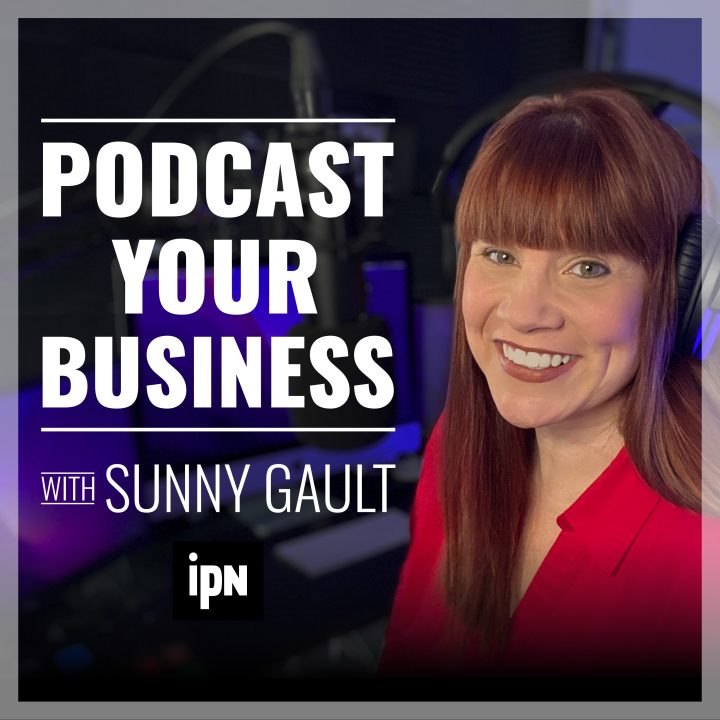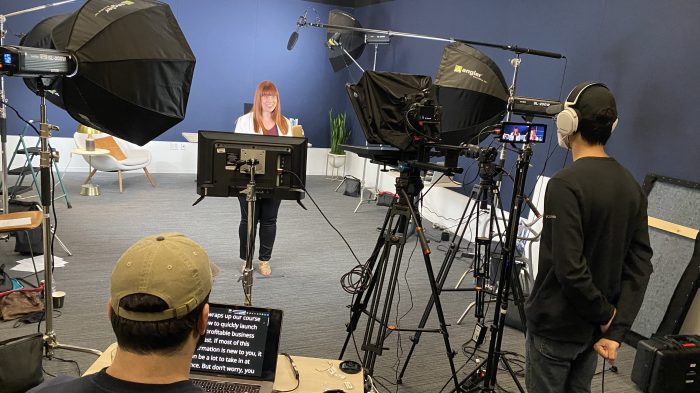
You’ve probably already heard about affiliate programs. From bloggers and YouTubers to podcasters and social media stars, affiliate programs give content creators of all kinds a potential revenue stream. But, how do you decide if joining a program is the right move for your show? Well, it all starts with understanding what an affiliate program actually is. Then, we can get into some pros and cons as well as the actual process for joining a program as a podcaster.
What is an Affiliate Program?
Affiliate marketing can seem like a labyrinth to the uninitiated, but it’s a pathway worth exploring for podcasters looking to monetize their passion. At its core, affiliate marketing is a performance-based marketing strategy. Businesses outsource their marketing to content creators who then share the business’s products to their audience for a cut of the revenue they generate.
But, what does this look like in practice?
When you’re listening to your favorite podcast, you might notice they talk about a product they use and then give you a discount code to buy the product with. They receive a portion of each sale made with their discount code. This is an affiliate marketing program. Other programs use different metrics for calculating affiliate commissions, but all revolve around a third party promoting a business’s products.
3 Types of Affiliate Commissions
Affiliate programs come in different shapes and sizes, each with its own set of rules and commission structures. The three most common types are:
- Pay-Per-Sale (PPS): This is the most prevalent form of affiliate marketing. You earn a commission when someone makes a purchase using your affiliate link or promo code that usually gives the buyer a discount. The commission is often a percentage of the sale price, but it can also be a fixed amount.
- Pay-Per-Click (PPC): In these programs, you get paid based on the number of people who click on your affiliate link, regardless of whether they make a purchase. This can be a great way to earn if you have a large and engaged audience, but it’s less common due to the potential for click fraud.
- Pay-Per-Lead (PPL): Here, you’re compensated for leads rather than sales. A lead might be someone who signs up for a trial, fills out a contact form, or downloads a guide. Because it doesn’t require a purchase, the payout per lead is typically lower than a sale commission.
Pros & Cons of Affiliate Programs for Podcasters
Just like any other method of monetizing your podcast, affiliate marketing comes with some upsides and some downsides.
Pros
Here are some of the top reasons to consider affiliate marketing when assessing monetization strategies for your podcast:
- Monetization: Affiliate marketing offers a way to monetize your podcast without a significant upfront investment. It’s a practical option for generating income from content you’re already creating.
- Leveraging Trust: If you’ve built a strong rapport with your audience, your recommendations carry weight, which can translate into higher conversion rates and, consequently, more affiliate revenue.
- Flexibility: You have the freedom to choose which products to promote, allowing you to align with brands and offerings that resonate with your podcast’s theme and values.
- Low Risk: With no need to handle inventory or customer service, affiliate marketing is a low-risk model compared to other business ventures like launching your own products or creating merch.
- Passive Income: A well-performing episode with evergreen content can continue to generate earnings well into the future.
Cons
While affiliate programs can definitely earn you a pretty penny, they’re not all sunshine and roses. They have a few drawbacks too, such as:
- Lack of Control: Your affiliate income is tied to another company’s product and performance. Changes in their offer, commission structure, or business health can impact your earnings.
- Audience Perceptions: Over-promotion or irrelevant product endorsements can turn listeners off, potentially harming your brand and the trust you’ve worked hard to build.
- Uncertain Income: Earnings from affiliate programs can be unpredictable and fluctuate based on listener engagement and buying behaviors.
- Regulatory Compliance: You must stay informed about and comply with legal requirements for disclosure of affiliate advertising, which can add a layer of complexity to your podcasting business.
- Time and Effort: To effectively earn from affiliate marketing, you’ll need to invest time in selecting the right products, crafting compelling messages, and managing and tracking the performance of your affiliate links.

How to Join an Affiliate Program as a Podcaster
Here’s the lowdown on how to join an affiliate program and weave promotions into your podcast seamlessly and professionally, without making it feel like an infomercial. After all, it’s about keeping it real with your audience while also putting a little change in your pocket.
- Identify Relevant Affiliate Programs: Research and select affiliate programs that are a good fit for your podcast’s niche and audience. You can use affiliate networks like ClickBank or ShareASale for access to a wide range of products or take a more direct approach by finding specific brands you want to work with.
- Evaluate Program Details: Review the commission rates, payment schedules, cookie duration, and any minimum sales thresholds. Also, make sure the brand creates high-quality products. You never want to lose the trust of your audience by recommending bad products.
- Complete the Application Process: When applying to affiliate networks or individual affiliate programs, always provide accurate and current information about your podcast, including audience size, engagement metrics, and content focus.
- Receive Approval: Once accepted, you’ll receive access to marketing materials such as affiliate links, banners, and product information.
- Disclose Affiliate Relationships: Usually, you need to disclose when you include affiliate links in a piece of content. This mandate comes from the FTC in the United States, but other countries also mandate disclosure as well. You also want to keep trust between you and your audience.
- Create Promotional Content: Develop engaging content that includes your affiliate products, such as reviews, tutorials, or testimonials. Or, include brief promotions in your podcast’s introduction or during your mid-roll.
- Track Your Results: Utilize the tracking tools provided by the affiliate program to monitor your performance. When assessing your analytics, pay attention to which types of promotions and products resonate most with your audience. Then, double down on those approaches.
Conclusion
Your audience pressed play for your unique voice and the stories or insights you deliver, not a stream of sales pitches. Too many ads can feel like static, interrupting the flow of your show and potentially tuning your audience out. And that’s exactly what we want to avoid, right?
Here’s the strategy: integrate affiliate spots into your podcast as if you’re seasoning a dish—just enough to enhance, not dominate, the flavor. Pick products that you genuinely believe in and that you feel will genuinely benefit your listeners. That way, when you do mention them, it feels more like sharing a hot tip with friends rather than a hard sell.
By striking this balance, you’re not just keeping your podcast authentic, you’re also building a sustainable model where quality content leads and monetization follows—naturally and effectively. Keep honing your content, stay genuine in your endorsements, and the right audience will stick with you, episode after episode.
